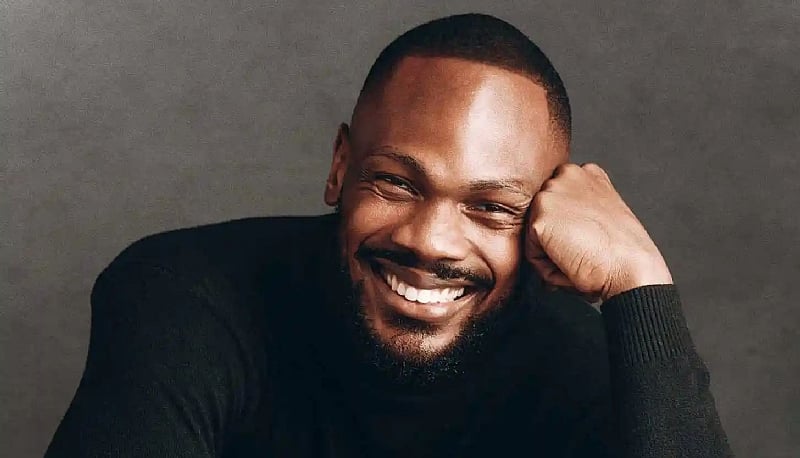Daniel Etim-Effiong, a prominent figure in the Nigerian film industry, has openly discussed his past experiences with womanizing, offering a candid reflection on a phase of his life that involved juggling multiple romantic relationships simultaneously. While acknowledging the brevity of this period, he emphasizes the valuable lessons learned, cautioning younger generations against following the same path. His insights, shared during an interview with media personality Chude Jideonwo, provide a nuanced perspective on the complexities of relationships and the potential pitfalls of a non-committal approach to romance.
Etim-Effiong’s conversation with Jideonwo unfolded with a series of probing questions aimed at understanding the actor’s past romantic endeavors. Jideonwo’s direct inquiry about whether Etim-Effiong considered himself a womanizer prompted a thoughtful response. The actor, initially hesitant to label himself definitively, acknowledged that there was a period in his life where his actions aligned with the common understanding of the term – engaging with multiple women concurrently. He qualified this admission by emphasizing that this period was relatively short-lived, representing a phase of exploration rather than a defining characteristic of his life.
Despite the potentially negative connotations associated with womanizing, Etim-Effiong reframed these experiences as valuable learning opportunities. He described them as “good periods” insofar as they provided insights that ultimately shaped his perspective on relationships. The key takeaway, he explained, was the realization that the superficial allure of multiple partners doesn’t necessarily translate into genuine fulfillment. This experiential knowledge, he suggested, holds more weight than theoretical assumptions about what constitutes a desirable romantic life.
Drawing on these personal lessons, Etim-Effiong now imparts advice to younger individuals, particularly those who might be tempted by the allure of a “player” lifestyle. He cautions against the development of habits that are difficult to break, emphasizing that patterns of non-commitment established before marriage are unlikely to magically disappear after exchanging vows. The “muscle” of commitment, he argues, needs to be developed and strengthened over time. Without this foundation, individuals facing marital challenges may resort to familiar escape routes, seeking solace in other relationships rather than confronting and resolving existing issues.
He further elaborated on the potential consequences of a pre-marital habit of juggling multiple relationships. The ease with which one might have walked away from commitments in the past can become a deeply ingrained pattern, making it challenging to navigate the inevitable difficulties that arise in a long-term partnership. Etim-Effiong’s warning highlights the importance of developing emotional maturity and commitment skills before entering into marriage, as the tendency to seek external validation or escape from challenges can undermine the foundation of a marital bond.
Etim-Effiong’s candid reflections on his past and his subsequent advice underscore a broader message about the importance of self-awareness and personal growth in the context of relationships. His willingness to share his experiences provides a valuable perspective for younger generations, encouraging them to approach relationships with greater intentionality and a commitment to building strong, lasting connections based on mutual respect and emotional maturity. His story serves as a reminder that personal growth is an ongoing process, and even past mistakes can offer valuable lessons for the future. By acknowledging his own journey, Etim-Effiong offers a relatable and insightful perspective on the complexities of navigating the world of romance and relationships, highlighting the significance of learning from past experiences and embracing the continuous journey of self-improvement.














